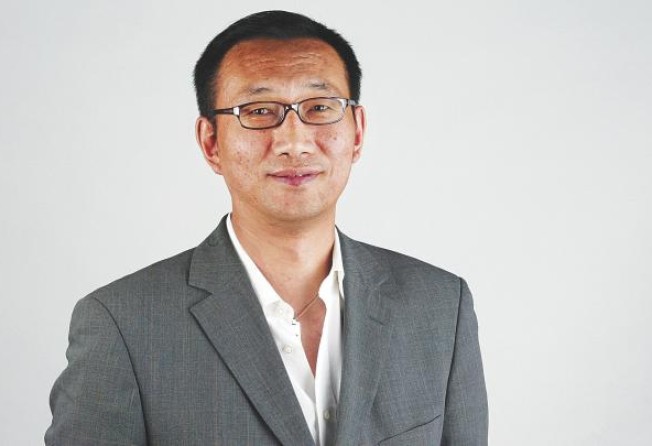World waits for timetable on Beijing's leadership transition
In absence of any indication of dates for all-important transition, rumours abound

As Beijing makes the final preparations for its once-in-a-decade leadership transition, the mainland's massive propaganda machine is getting into gear by eulogising the achievements of the 10-year rule under President Hu Jintao and Premier Wen Jiabao , while trying to paint a rosier picture for the future.
State media has labelled the 10-year period from 2002 to 2011 as a "Golden Decade" that saw the per capita gross domestic product soar to US$5,432 from US$1,135 in 2002, and the size of the mainland economy grow to second-largest in the world, behind only the United States.
There is no doubt that the mainland has much to celebrate in its rise, but state media has deliberately failed to mention that dark clouds are drawing nearer.
To borrow a Chinese idiom, the mainland is now "beset with difficulties both at home and abroad", as it is faced with a cocktail of mounting political, diplomatic, economic and social uncertainties. Those include the ongoing Sino-Japanese flare-up over the Diaoyu Islands, the noticeable slowdown in the mainland economy, and waves of unrests and protests sweeping the country.
Ironically, the very leadership-transition process through which Beijing means to instil confidence and hope into the country's future has in fact created the most political uncertainty.
Xinhua released a commentary yesterday hailing the transparency and the public manner in which 2,270 representatives were chosen to attend the 18th Party Congress.
But the reality is that the leaders have not even announced the dates of the congress, let alone the composition of the new leadership line-up.
While the central government may be sticking to the time-honoured tradition of wrapping in secrecy the selection process of the new generation of leaders, times have changed.
Given the size of the mainland economy and its rising influence in the international arena, the rest of the world has a legitimate and keen interest in the selection of the new leaders who are going to lead the country in the next decade.
Where there is lack of facts, rumours are bound to multiply, adding more political uncertainties. This is particularly true for the 18th congress, as the leadership transition has been further complicated by the downfall of Bo Xilai , once a high-flying political star.
If history can be any guide, the Politburo met during the last week of August to decide the opening dates of the last two congresses: on August 25, 2002, to set the start of the 16th congress as November 8 that year, and on August 28, 2007, to set the date for the 17th congress as October 15 that year.
Many analysts now expect the 18th congress to be held in October, based on the opening date of the last congress. But if it is held in November or even later, this would most likely be interpreted as a very negative sign, which could signal a large amount of political infighting within the party leadership to pick the candidates to fill in the Politburo and more powerful Politburo Standing Committee.
So it is little wonder that the opening date of the congress carries so much political significance. And events thus far show that the party leadership still has a long way to go to improve its transparency.